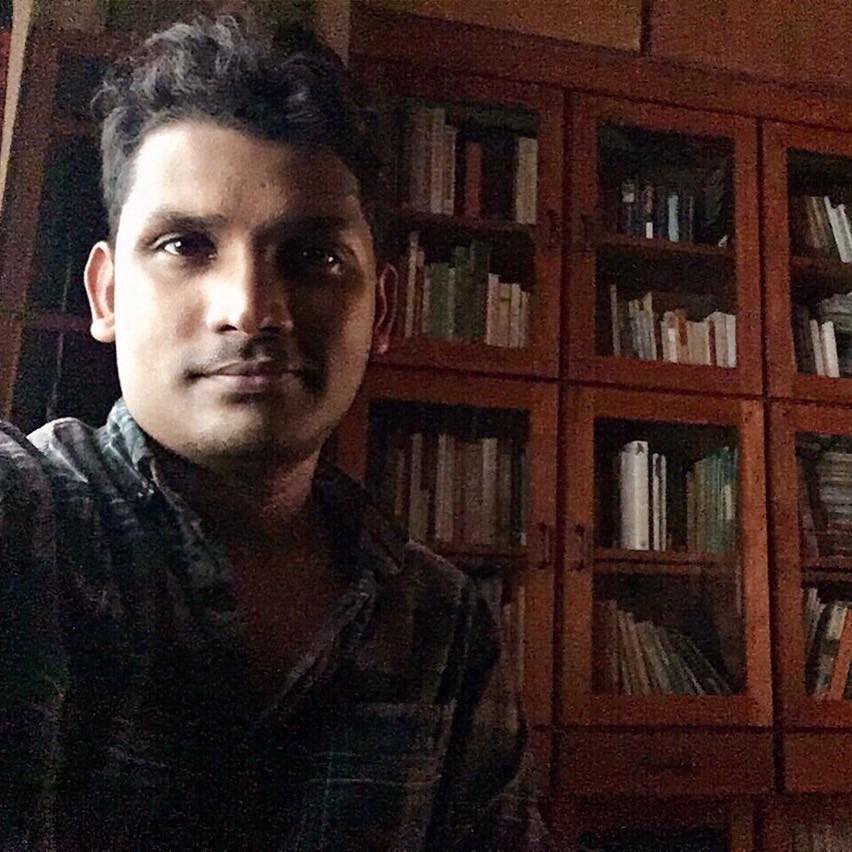This is a blog to highlight some recent research project that I was involved with. The project is called the ‘State of UK Boys’, and was funded by Equimundo (previously known as Promundo). The research report was led by Dr. Sara Bragg, and co-authored by Prof. Jessica Ringrose, Idil Cambazoglu and myself.

The report followed a two-pronged approach that involved a review of research literature and 15 key informant interviews. Our key informants included established scholars, consultants and practitioners who have contributed to research and practice in this area, such as Louise Archer, Jayne Osgood, Vanitha Sundaram, Graham Andre, Olivia Dickinson, Ruth Eliot, Katherine Gilmour, Craig Haslop, Mark Jennett, Dan Guinness, Martin Robb, Maria Lohan, Nic Ponsford, Sarah Sternberg, and Jon Swain.
The report is subdivided into three parts. The first part makes explicit the theoretical framework that we employ in the report. We start by offering an introduction on contemporary conceptualisations of gender, and unpack masculinities as hegemonic, relational and hierarchical. We are particularly pleased to say that rather than exploring intersectionality as a subheading, the report ensures that the review is intersectional from beginning to end. We work from the premises that there isn’t a singular ‘state of boys’, as experiences of ‘boys’ are inflected by matters relating to race, class, location, sexuality, gender identity and so forth. The report also follows postdevelopmentalist framework, where we embrace Kathryn Stockton’s work on ‘queer child’ and her metaphor of ‘growing sideways’. This unsettles linear, stage-based accounts that frame boyhoods as advancing in predetermined, universal and static ways.
It is important to note that this report emerges amidst misleading claims that position ‘white working-class boys’ as uniquely marginalised and neglected (a result of misuse and cherry-picking of statistical data). This notion of ‘failing boys’ has been strongly disputed in research for decades, but the narrative has persisted in public and policy debates, which again we address in this report. We then explore the experiences of ‘boys’ through some key themes such as Violence as Normalised in the Lives of Boys, Family & Friendships, School, Games/Sport, Well-being/Suicide, and Technology, Media & Markets in Children’s Social Worlds. In the final section of the report, we review problematic approaches that are often implemented by schools and organisations, and conclude with transformative, promising approaches that schools and institutions could employ to ensure gender-just practice.
Read the long version of the report titled The State of UK Boys: Understanding and Transforming Gender in the Lives of UK Boys here
Read the abridged version of the report titled The State of UK Boys: An Urgent Call for Connected, Caring Boyhoods here

Sid Mohandas is a former Montessori educator and teacher trainer, who is currently doing their doctorate at Middlesex University investigating gender in Montessori spaces using feminist relational onto-epistemologies. You can see a list of their extant and forthcoming publications here